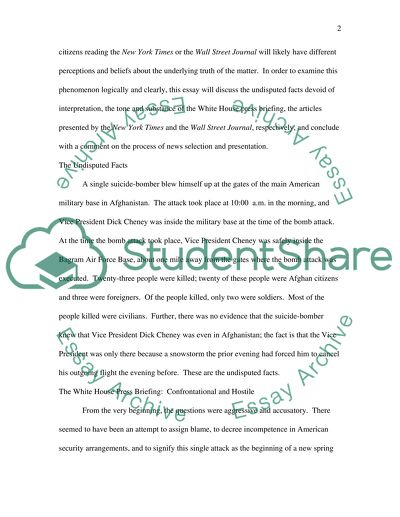Cite this document
(“Press Briefing and the Media: Dick Cheney in Afghanistan. White House Essay”, n.d.)
Retrieved from https://studentshare.org/miscellaneous/1523324-white-house-press-briefing
Retrieved from https://studentshare.org/miscellaneous/1523324-white-house-press-briefing
(Press Briefing and the Media: Dick Cheney in Afghanistan. White House Essay)
https://studentshare.org/miscellaneous/1523324-white-house-press-briefing.
https://studentshare.org/miscellaneous/1523324-white-house-press-briefing.
“Press Briefing and the Media: Dick Cheney in Afghanistan. White House Essay”, n.d. https://studentshare.org/miscellaneous/1523324-white-house-press-briefing.


